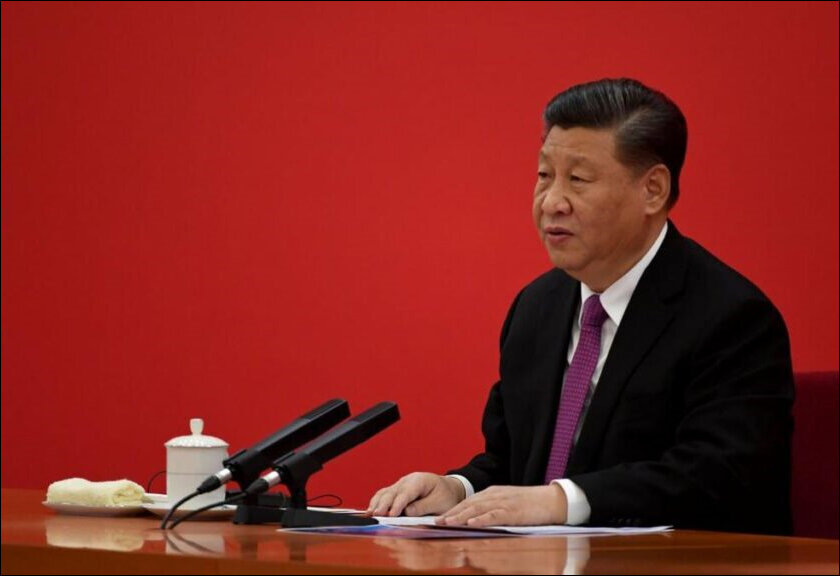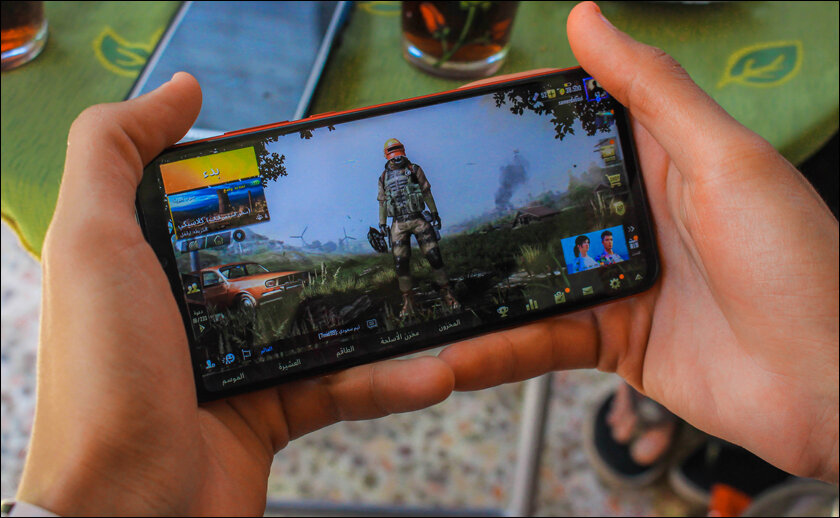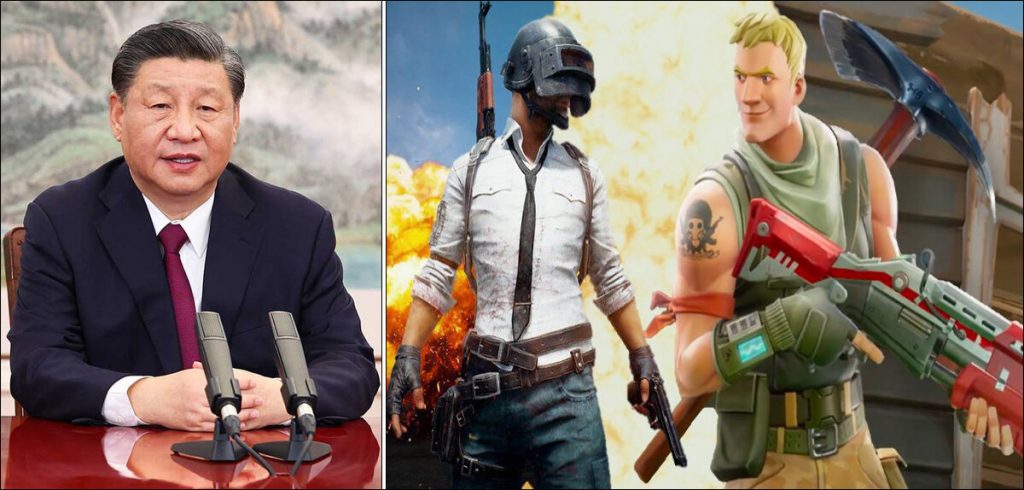Xi Jinping believes video games represent a philosophical threat to the communist party and at this rate, they will be unable to govern their young.
Xi Jinping has discovered a new foe who is neither a global leader/rival politician, nor a neighbouring nation. Video games are the new nemesis of the Chinese president. He wants the Chinese people to feel the same way he feels about them.
He is determined to take them down, which is what he does best. Beijing has implemented new regulations that are severely hurting China’s gaming industry. The biggest gaming businesses in China incurred huge losses on Friday, which led to a carnage on the stock market. 80 billion dollars in losses in a single day, and it may not even be the beginning. The president of China is paranoid, which is why the government is acting like a nanny state.

He fears video games, but why? He believes that they represent a philosophical threat to the communist party and that the crackdown is necessary because, at this rate, they will be unable to govern their young.
A fresh set of rules was unveiled on Friday. China is now mandating how every game that connects to the internet should operate. While each game is unique, they are all the same in that they provide rewards.
You receive a prize when you check in for the first time. You gain extra goodies after you launch the game. The benefits increase as you level up. And so, it goes on. The more your advancement, the greater your reward. That’s how most games function. These incentives are intended to hook you. So, when you are stuck, can’t level up, or require more powerful upgrades, you’re forced to pay some money. So, you may purchase such improvements.
You’ve seen them if you play on your phone. They manifest themselves as in-app purchases. That is how game developers generate money. That is how they get you hooked.
What are the new regulations that China has put in place to combat these incentives? Rewards for daily logins are prohibited. Additionally prohibited are online auctions for improvements, along with budget caps. Therefore, players are unable to purchase infinite improvements.

These rules are currently ambiguous. The phrasing is unclear. The regulations are broad in scope. China hasn’t made the effort to elaborate. Investors are thus bracing for the worst. They think Beijing is targeting gaming businesses and their financial gains. That’s why their stock fell on Friday. Among the hardest affected was Tencent. It is the world’s largest gaming corporation. On Friday, it dropped sixteen percent of its value. That surpasses the daily loss of fifty billion dollars.
Next is NetEase, whose shares experienced an unprecedented 28% decline. Another Chinese gaming business, Bili-Bili, had a 14% decline. Together, these businesses suffered losses of 80 billion dollars. A large-scale sell-off occurred. It reveals that investors are alarmed.
In China, gaming is a big business. More than 300 million people in China are avid online gamers, and gaming corporations’ profit handsomely from them. It is anticipated that their income would surpass 80 billion dollars this year. But these figures will suffer from the new regulations.
China has been targeting the gaming business even though it has been doing so for a while. There were certain limitations put in place two years ago. The amount of time kids may spend playing games was restricted. Only Fridays, weekends, and holidays were allowed for youth gaming, and the government even set a time window of 8 PM to 9 PM.
Prior to the implementation of this rule, children in China were only permitted to play for ninety minutes on weekdays. Beijing’s message was therefore quite clear: play less, study more.
Even Xi Jinping has expressed dissatisfaction with gaming in public. He claims that it is harming Chinese children’s eyes, and the country’s official media went as far as to refer to these games as “spiritual opium.”

Any addiction these days is bad including games, hence some regulation ought to be acceptable. However, China frequently acts in an excessive manner. You can wind yourself in a gaming addiction camp in China if you have a video game addiction. It is administered by Chinese military officials. It’s a boot camp that accepts children. They reside in what appears to be a jail cell and wear military fatigues. It is well known that the medical professionals who once treated heroin addicts are still doing so.
For you, this is China, where video games are viewed as drug addictions due to Xi Jinping’s belief that gaming is immoral. President Xi Jinping’s regulations on video games in China have been implemented with the intention of addressing concerns about the potential negative impact of gaming on the country’s youth. These regulations include restrictions on certain gaming features like daily login rewards, online auctions for upgrades, and spending limits to curb excessive in-game purchases. The government’s stance suggests a desire to mitigate what they perceive as a risk to social order and individual well-being.
Public opinion on these regulations may vary. Some might view them as necessary measures to address issues related to gaming addiction and its potential impact on mental health, while others may see them as an infringement on personal freedom and entertainment choices. The key considerations often involve finding a balance between fostering a healthy gaming environment and ensuring individual freedoms.
In conclusion, President Xi Jinping’s stringent regulations on video games in China, driven by concerns over their perceived impact on the youth and ideological threat to the communist party, have sparked significant repercussions. The recent rules targeting gaming incentives, including daily login rewards, and spending limits, have led to an $80 billion loss in one day for major gaming companies. This crackdown is part of a broader pattern, with China imposing restrictions on the gaming industry in the past, including limits on playtime for children.
While some argue that regulations are necessary to address gaming addiction and potential negative effects, others see them as an encroachment on personal freedom and entertainment choices. The extreme measures, such as gaming addiction camps reminiscent of boot camps, underscore the severity of China’s approach to video games. The ongoing debate revolves around finding a balance between fostering a healthy gaming environment and addressing societal concerns, reflecting the complexities of regulating an industry that has become a significant part of modern culture.










1 Comment
Very Nice Article !